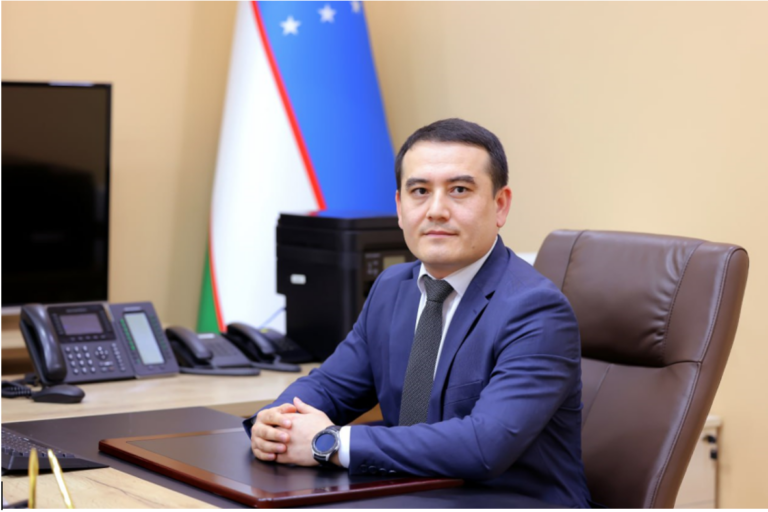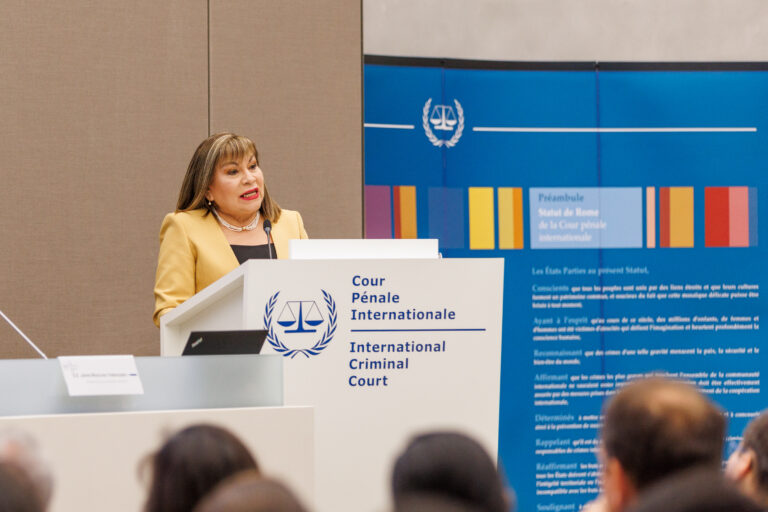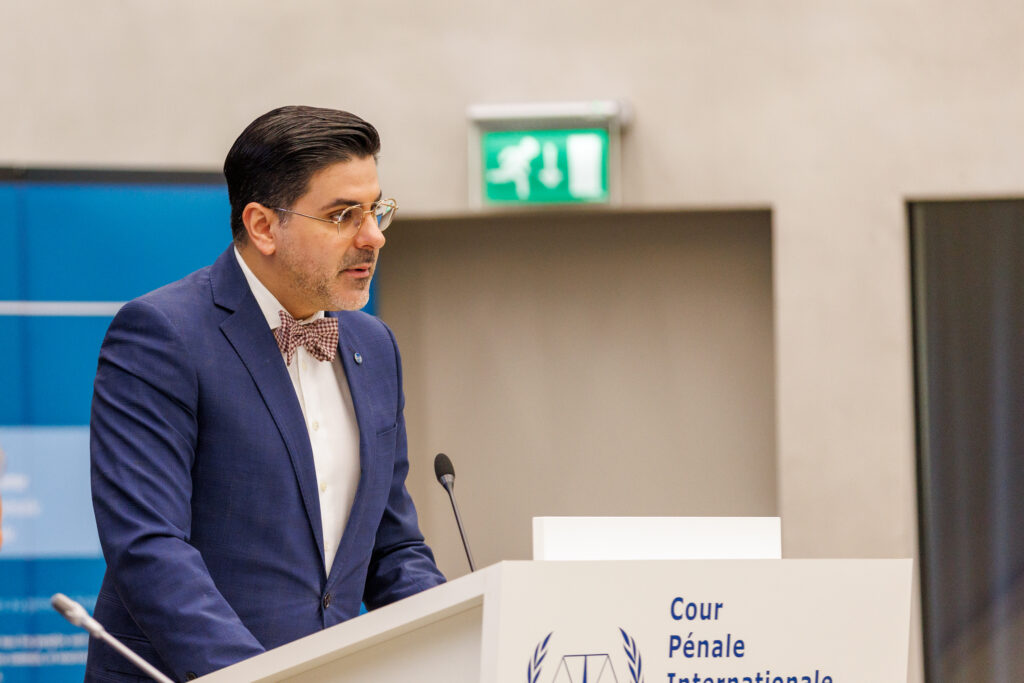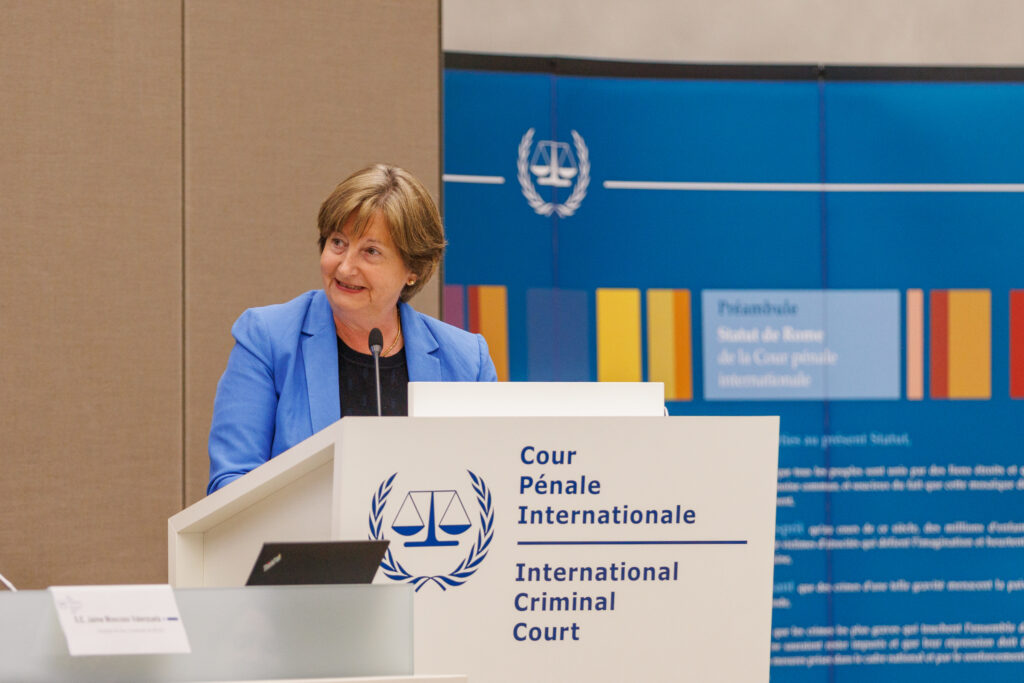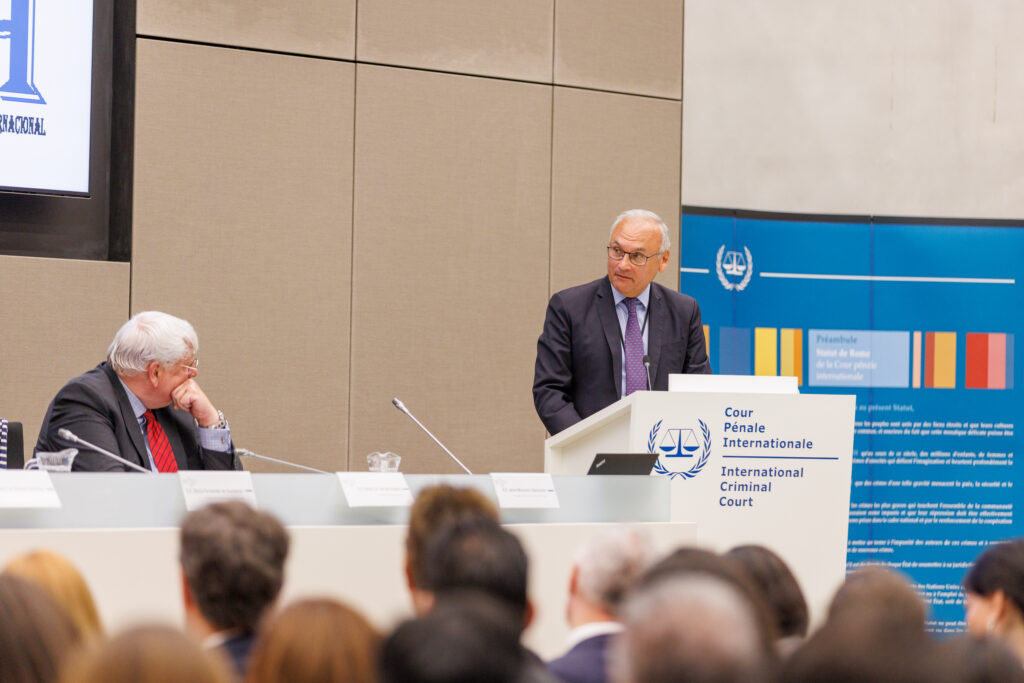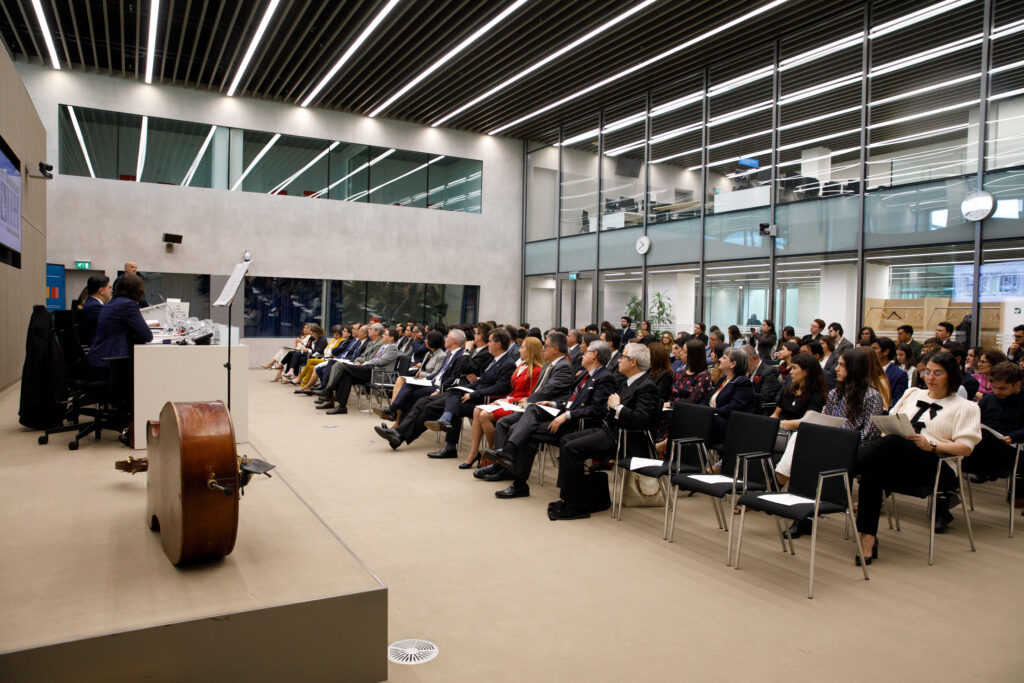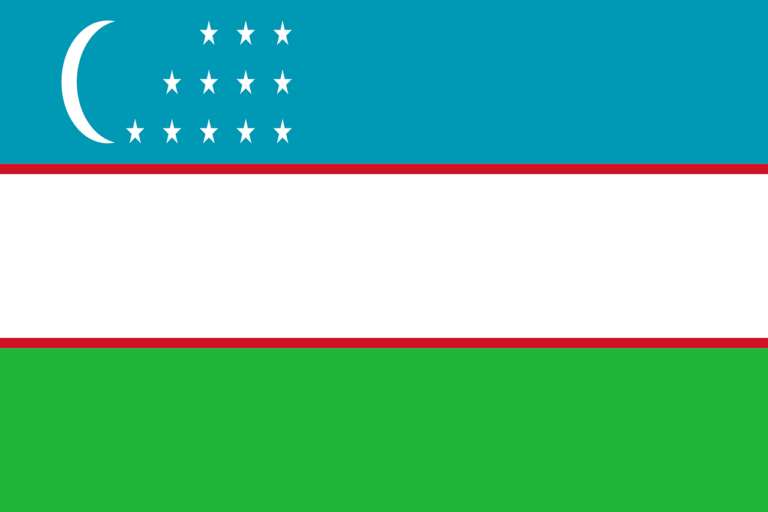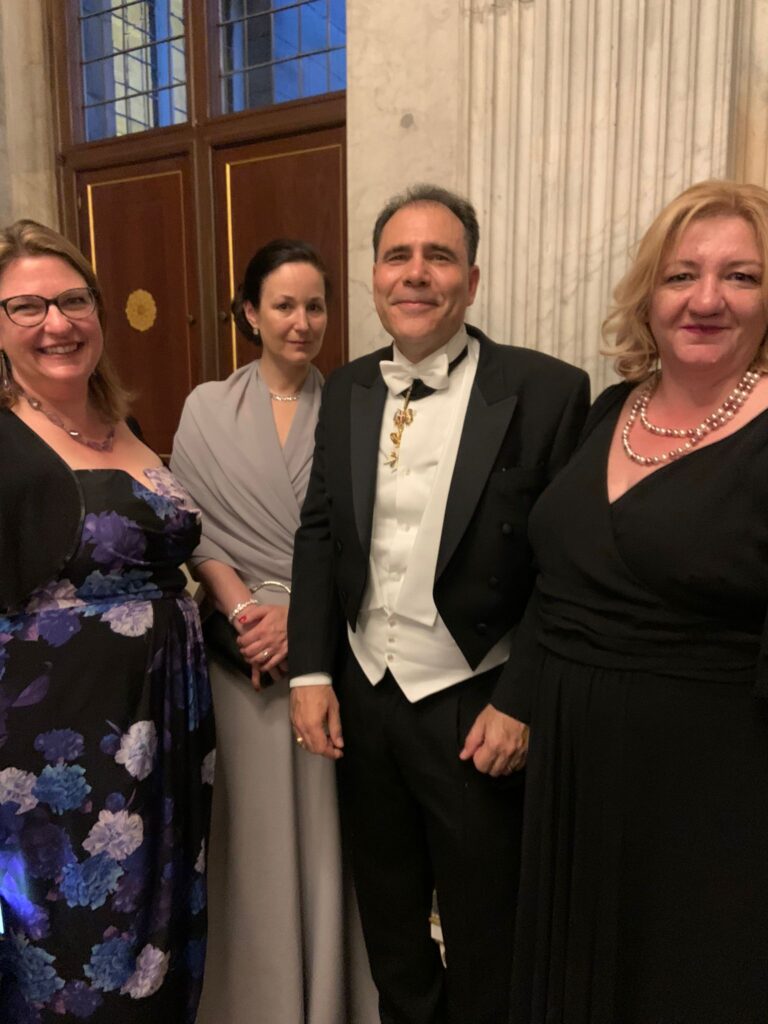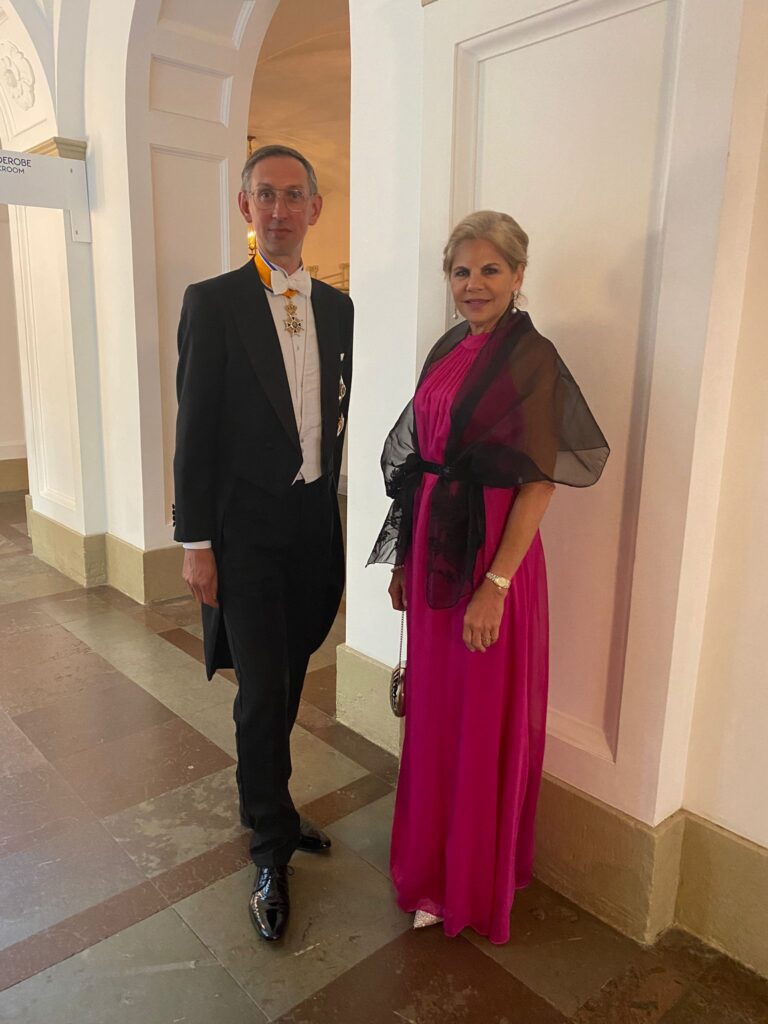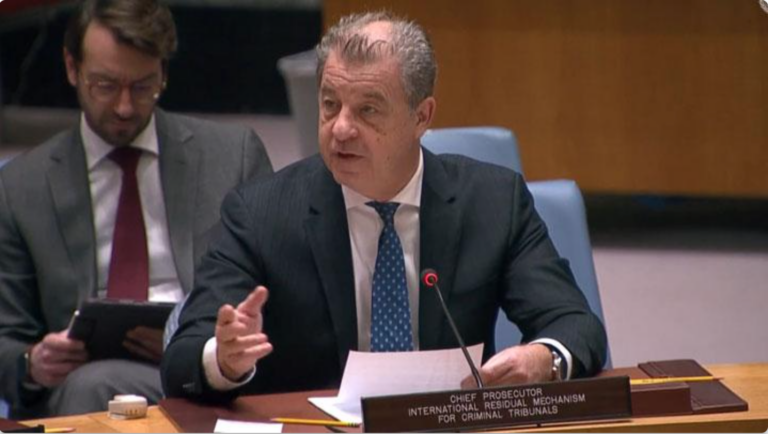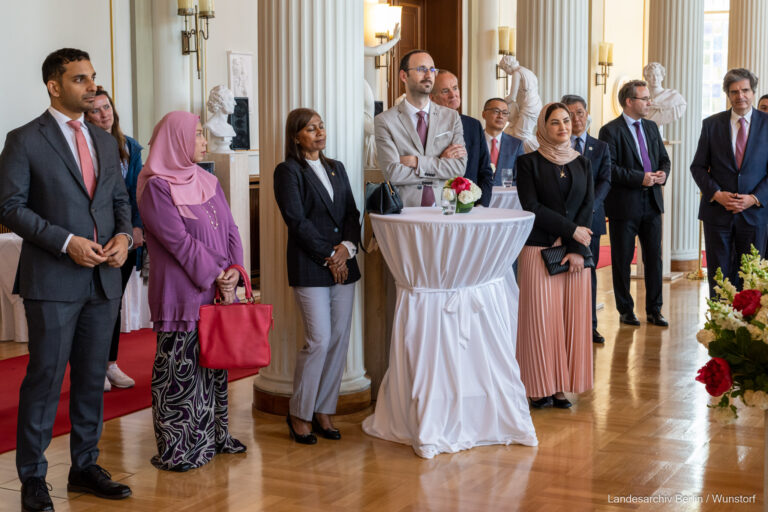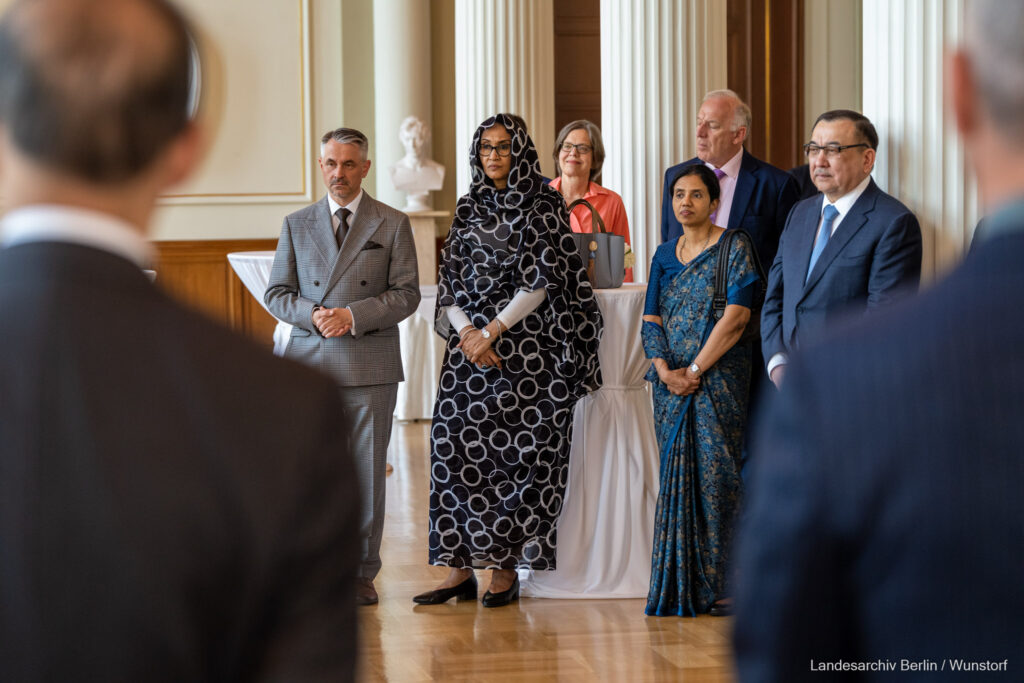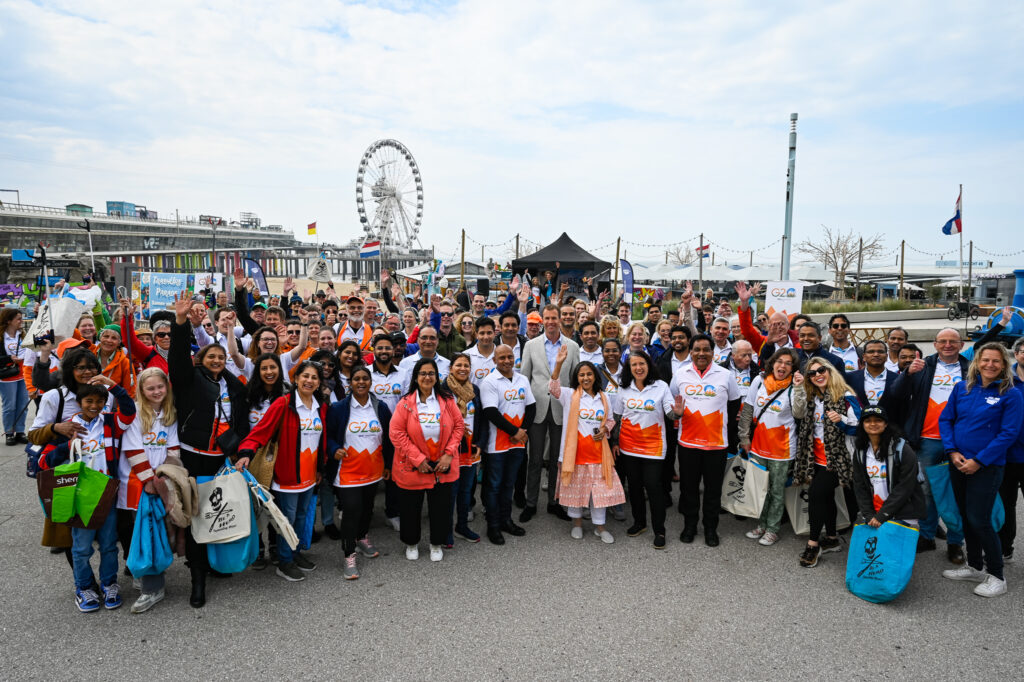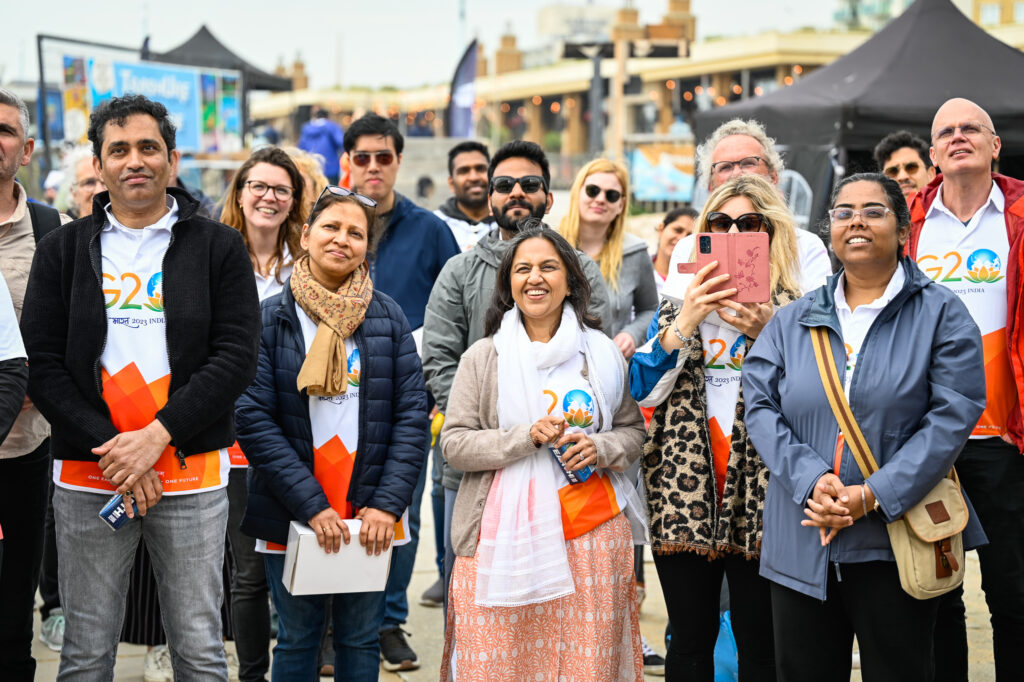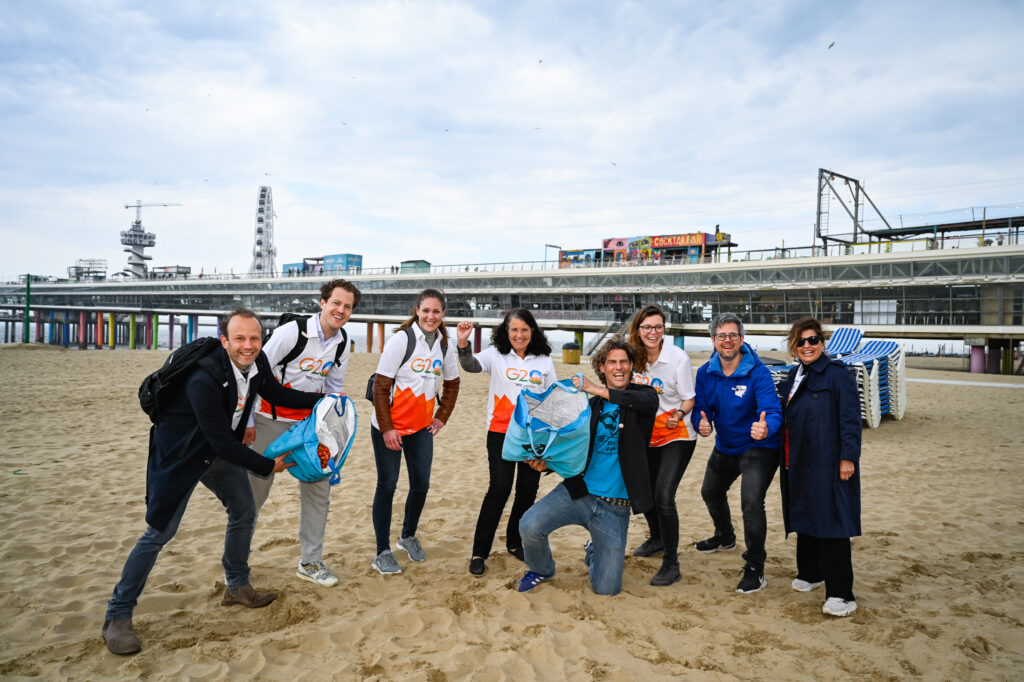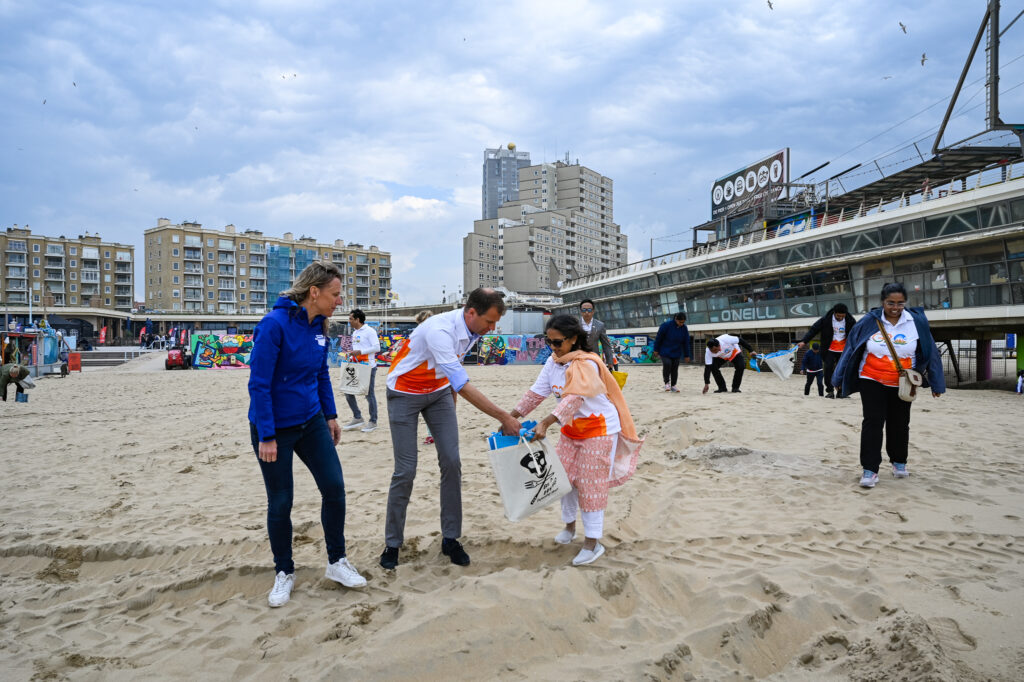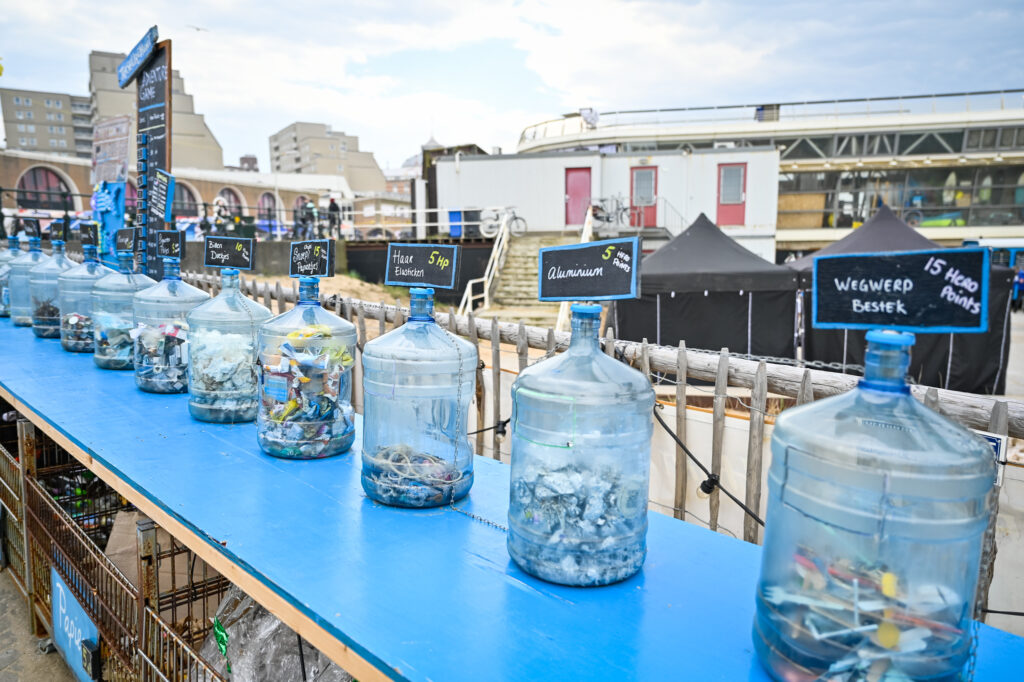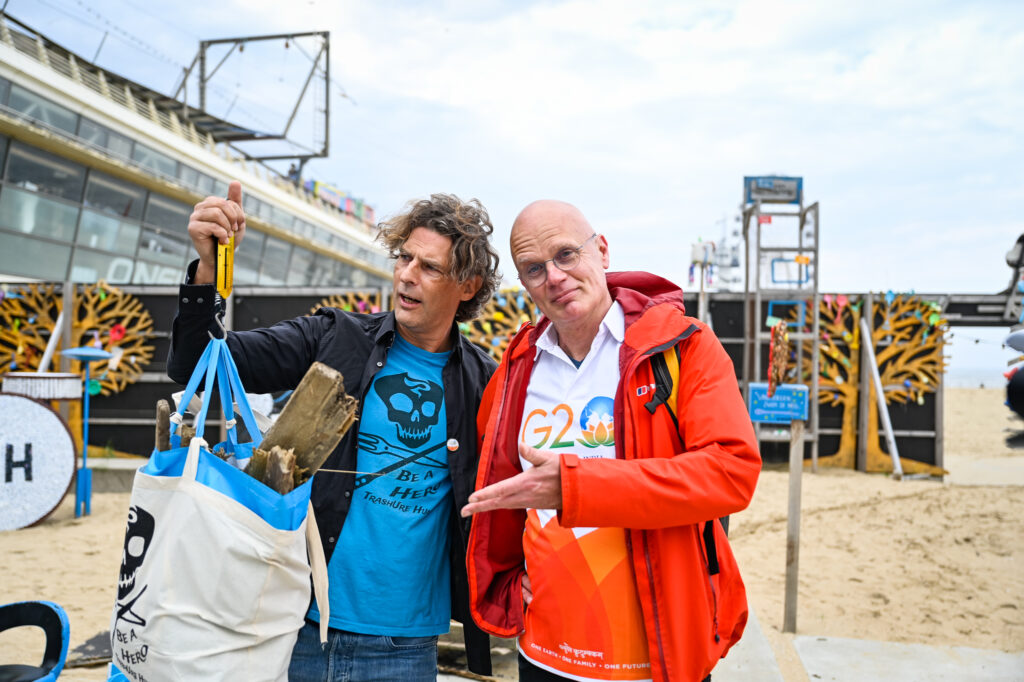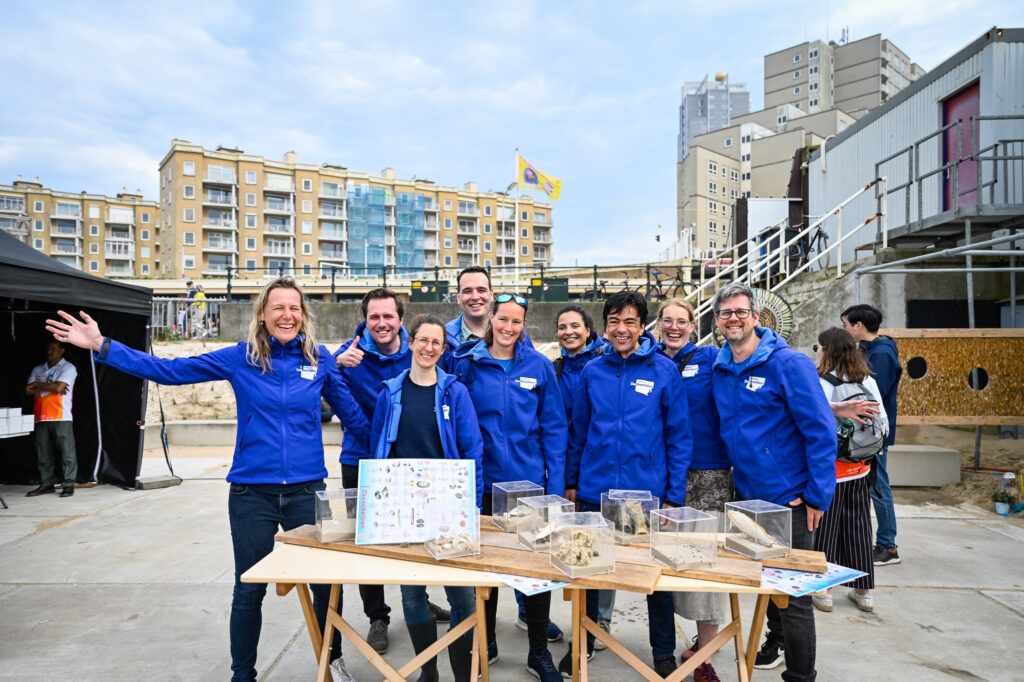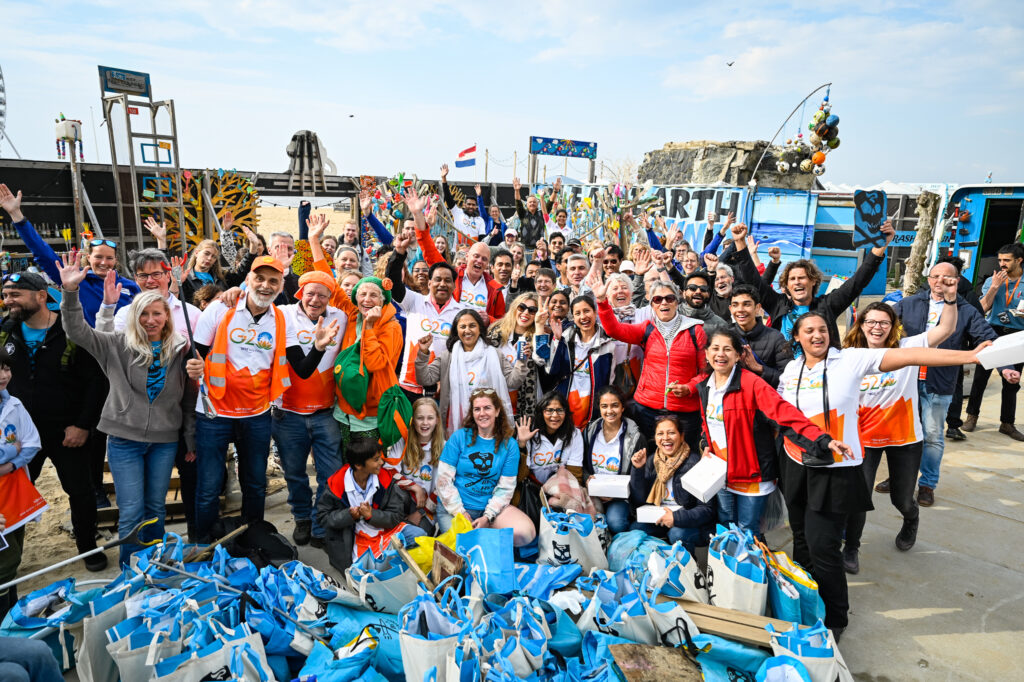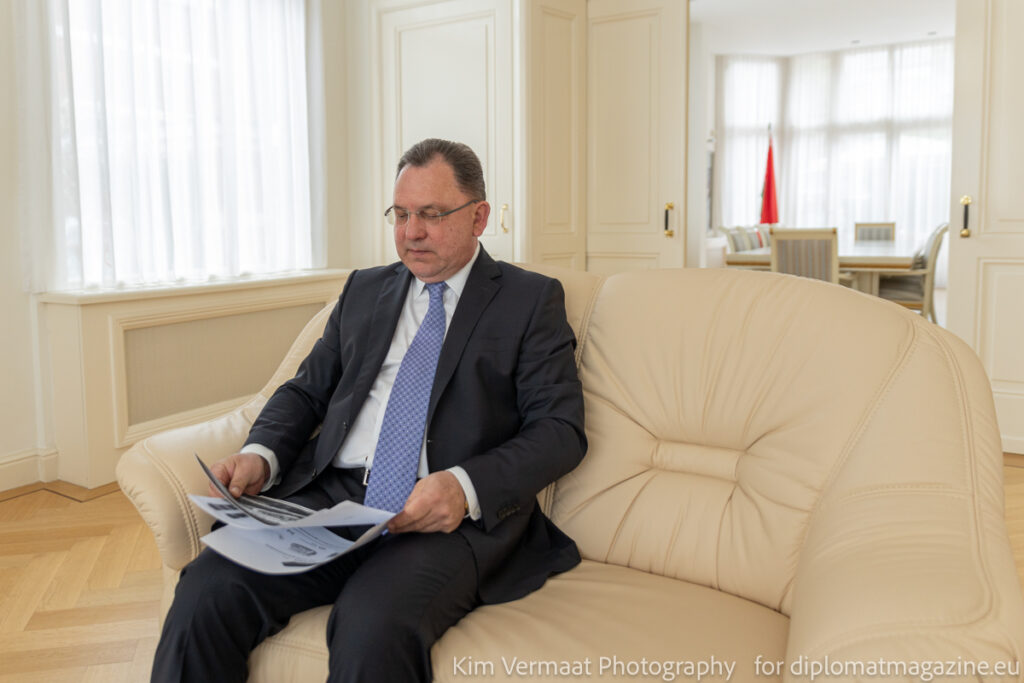By the International Institute for Middle East and Balkan Studies IFIMES
The Russia-Ukraine war, which has been going on for 16 months already, has generated significant implications of the political scene of the Middle East, where the war has exposed the complexities of the calculations with which the states of the region are faced as a result of the escalation of international relations and the siding of the countries world-wide with one of the two groups – the group of the US and its western allies on one side and the Russian and China–led group on the other. The war also had repercussions on the geopolitical orientation of the states, as well as bilateral relations between the countries of the region and global powers.
The response by Middle East countries to the Russia-Ukraine war was diametrically opposite to the US and Western position and their wishes. Namely, they avoided taking a strong stance against Russia, in order not to undermine their common interests with Moscow and rather strived to achieve a balance in their relations with the two sides, which was based on condemnation of the invasion and extension of support to sovereignty of Ukraine. At the same time, they avoided introducing sanctions against Russia, as well as providing military support or funding the war like other Western countries. Their assistance to Ukraine was limited to minimum humanitarian support, with the exception of Türkiye, which had already established military cooperation with Ukraine prior to the outbreak of the war.
The Middle East countries supported the United Nations General Assembly resolution condemning the Russian invasion on Ukraine, with the exception of Syria, which voted against the Resolution, and Iran, Algeria and Iraq, which abstained from voting. They also supported the UN General Assembly resolution rejecting the annexation of parts of Ukraine to Russia.
However, while countries of the region, which are traditional allies of Washington, including Türkiye, Saudi Arabia, United Arab Emirates (UAE) and Egypt, refrained from introducing sanctions and diplomatic isolation of Russia, they did not violate western sanctions related to delivery of specific components to Moscow. Furthermore, majority of countries in the region also refrained from supporting the initiative to suspend Russian’s membership in the UN Human Rights Council, with the exception of Libya, which supported the respective resolution. As the war developed, Türkiye and Gulf countries of the Gulf Cooperation Council (GCC)[2] recorded a trend of outstanding growth of economic cooperation with Russia, while Iran and Algeria have fostered military cooperation as well.
One of the major repercussions of the war on the Middle East was the emergence of economic divisions among countries in the region. While due to the war majority of the Gulf countries achieved record profits from export of gas and oil, some countries in the region struggle with a serious economic crisis caused by high prices of energy and food. This particularly applies to Egypt, Jordan, Tunisia and Lebanon. Türkiye recorded record inflation despite the growth of export. The economic crisis in Iran is increasingly being linked to the increase of sanctions, not the war.
Washington’s fears of expansion of Russian and Chinese influence on Middle East
The Russia-Ukraine war, in combination with the escalation of US-China relations over Taiwan, competitiveness and economic interests, have slowed down withdrawal of the US from its traditional security responsibility in the Middle East. At this time, a US foreign policy priority is reduction of expansion of Russia’s and China’s influence in the Middle East and ensuring that the relations between the region and Beijing and Moscow remain far from strategic, military and technological aspects. Currently Washington strives to create a peaceful geopolitical environment in the Middle East and avoid straining the relations with their allies in the region, so that it can focus on the Russia-Ukraine war and confrontation with China.
In this context, within the framework of the US National Security Strategy[3], which was published in October 2022, it outlined its policy and obligations towards the Middle East. The document consists of five chapters and is focused on continuation of the US security role in the region, including promotion of regional integration (establishment of diplomatic relations of the Arab states with Israel), protection of its allies from regional threats, as well as strengthening of the partnership dating from World War II.
Relations between the US and GCC saw many ups and downs. The most important document are the official US obligations and commitments to security in the Gulf recorded in the doctrine of Presidency Jimmy Carter from 1980[4], which recognized the importance and the central role of the Arab gulf region for the US national security and interests, as well as the readiness to use military force for protect the US interests in the region. This sent a clear message to the Soviet Union following the occupation of Afghanistan in December 1979.
Over the past two decades the US administrations lowered their interest in the Middle East and the Arab states of the Persian Gulf, as a result of what the relations continuously oscillated. Some analysts believe that the reason lies in the US “war fatigue” from the two major wars in Afghanistan and Iraq. They withdrew from the first on 30 August 2020 without any special announcement and at a surprise to their allies that the US are ready in a moment to leave a country. In the case of Iraq, the Americans left the country to Iran after the invasion. Hence the “Gulf oil in exchange for US protection” formula, which was the basis for the relations between the US and the Gulf in the past eight decades, is no longer applicable.
Nowadays, there is an increasing number of disagreements and confrontations in the relations between the Gulf countries and Biden’s administration, particularly with Saudi Arabia regarding the increase of oil production within the OPEC Plus group, which includes Russia, and its refusal to increase oil production, as was requested by President Joseph Biden in order to weaken Russia. Saudi Arabia not only did not agree to increase the production, but drastically lowered its export quota. In fact, it did so in concert with Russia. Biden publicly threatened to reconsider the relations with Saudi Arabia, but could not do much. Namely, the leaked intelligence revealed that Saudi Arabia had warned the US that it would pay a high economic price if it does so. This was a precedent in the relations between two until recently allies.
In March 2023, Saudi Arabia accepted mediation by China in the normalization of the relations with its eternal rival Iran and restoration of diplomatic relations. This was a victory of Chinese diplomacy in the heart of the American zone of interests in the Persian Gulf.
It would not be realistic to expect to see the end of the “Gulf oil in exchange for US protection” equation, because for the time being it has no alternative. One should also not expect that in the foreseeable future China and Russia will become an alternative in the region in which the US have dozens of their military bases ranging from Kuwait to Oman with around 40,000 soldiers. The Gulf weapons are predominantly of US descent. As a consequence, this reality will continue in the foreseeable future, whereas GCC countries, led by Saudi Arabia, will increasingly pursue a multipolar approach in their relations with the major powers. Therefore, decrease and end of US unipolar era and monopoly over the security of the Gulf can be expected.
Geopolitical influence of China in Middle East
China is trying to strengthen its geopolitical influence in the Middle East region. It remains interested in two things: one, strengthening its relations with Saudi Arabia and Iran, as the two largest and richest countries in the Gulf. Beijing achieved a major milestone with its mediation of the agreement on normalization of Saudi Arabia-Iran relations. The second thing is that this does not change the regional security formula in the Middle East, which is still based on the US role. Namely, Beijing benefits from the role Washington has in the region as the guarantor of security and stability, because it allows China to pursue its economic interests without engaging in the costly and dangerous security arrangements.
Saudi Arabia and China have strong economic relations, particularly in the area of energy, because the Kingdom is the largest partner of Beijing in the Middle East and is the number one exporter of oil to China, leaving behind even Russia, a strategic partner of Beijing.
The trade exchange between China and Arab states has raised to a record level in 2022 and totaled 431.4 billion dollars, which in comparison to 330.3 billion dollars in 2021 is an increase of 31% (101 billion dollars). China and Iran have a strategic agreement named “Comprehensive Strategic Partnership between I.R. Iran and P.R. China[5]” from 2020. China will invest 400 billion US dollars in Iranian economy over the next 25 years, that is during the agreement period, in exchange for steady oil supply from Iran with a major discount.
Encouraged by the results of its mediation between Saudi Arabia and Iran, China launched its peace initiative for the Russia-Ukraine war. There is also the latest peace initiative for the Israel-Palestine dispute. China has invited the President of Palestinian Authority Mahmoud Abbas to visit Beijing on 13 June 2023. This high-level visit is a state visit. It is not about peace making but strengthening of the position of China in the world. Namely, China wants to demonstrate its power and show that the United States are “already weakened.”
The last diplomatic effort by Washington concerning the Israelis and Palestinians was made in 2013 and ended unsuccessfully. The massive expansion of settlements on the occupied West Bank over the past 10 years renders the continuation of peace talks and achievement of an agreement-based lasting solution, according to which two states would live one next to another – “the two-state solution”[6] – impossible. The Israeli policy is becoming increasingly pro-right-wing, while the Palestinian authority is losing its legitimacy, as no elections have been held since 2006, and the level of corruption and repression by its security bodies is high. Palestinian observers believe that this visit and the high-level attention given to Abbas is directed at improvement of the position of Chinese President Xi Jinping and it portrays him as a global statesman. Therefore, no diplomatic steps forward are expected.
Currently, the relations between China and Israel are cold, as Israel is very concerned over China’s relations with Iran. In its foreign policy Israel is still linked to the US, as a result of what Israel had condemned China’s policy towards Uyghurs. Beijing responded by condemning the Tel Aviv’s policy on the occupied Palestinian areas, military operations and the siege of the Gaza Strip. There are no prerequisites or basis for peace to become a reality in the foreseeable future and Beijing is aware of this. However, this is a matter of position of China as a global friend of Islam and the Arabs, despite of what is happening to the Muslim Uyghurs in China.
Israel’s balancing between West and Russia
Israel has strived to keep a balance in its relations with Russia and the West, as a result of what it had to make some difficult choices. It avoided taking strong stances against Russia, despite the declarative condemnation of the Russian invasion on Ukraine in the UN. Furthermore, Israel also avoided joining the Western sanctions against Russia and provides modest diplomatic and humanitarian support to Ukraine- only at the request and insisting of the US.
Israel wants to maintain a strong security understanding with Moscow in Syria, and further coordination with Russia, which controls the Syrian air space. For Israel this issue is a security priority, as it gives Israel the freedom to launch air strikes against Iranian targets in Syria, thus restricting growing Iranian military threats to Israel from Syria.
The level of tensions between the Russia and Israel will continue to be linked to the two main factors in the war:
- Level of development of Russia-Iran relations, as strengthening of relations between the two countries could lead Moscow to set certain restrictions to Israeli activities in Syria and prevent it from targeting Iranian infrastructure in Syria. Furthermore, deepening of military cooperation between Moscow and Teheran. Specifically, if Russia had already supplied a part of the agreed 73 Su-35 (Su-35 Flanker M) fighters and V-generation rocket technology, it would mean an upgrade of Iranian offensive capabilities, which would increase the risk and Iranian threats to the security of Israel.
- Level of military and technical support that Israel can provide to Kiev. In February 2023, Israel’s Minister of Foreign Affairs Eli Cohen announced during his visit to Kiev, that Israel will assist Ukraine in development of smart early warning systems for detection of missiles. Truth be told, this system does not stand comparison with the Israel’s state of art Iron Dome system, on which Ukraine has been insisting since the outbreak of the war, while Israel in no way wishes to supply Ukraine with such systems.
In the early days of the war in 2022, then Israel’s Prime Minister Naftali Bennett led, in parallel to Turkish President Recep Tayyip Erdogan, a somewhat successful peace mission between Moscow and Kiev. However, as confirmed by the then Israel’s Prime Minister in February 2023, western powers had blocked the peace initiative[7].
Türkiye strengthens its geopolitical position at international level
The Turkish policy to the war in Ukraine has managed to achieve a difficult formula of balancing between the wishes of the two belligerent parties. Türkiye reaffirmed the important geopolitical position it has for the West as an important NATO member country on one side, as well as the maintenance of beneficial economic and friendly relations with Russia on the other. International diplomatic efforts undertaken by Ankara during the war have also fostered the position of Türkiye as a powerful mediator between the West and Russia, because it had managed to persuade Russia regarding the benefits of the agreement on export of grain in July 2022, which was predominantly mediated by Ankara. Türkiye also hosted a rare meeting of directors of the US and Russian intelligence services in November 2022, prior to what Türkiye also assisted in the exchange of 270 prisoners between Russia and Ukraine.
Before the outbreak of the war, Turkish policy aimed to ensure economic benefits in the form of continuous inflow of not just Russian tourists, but also Russian businessmen and investors, who could find in Türkiye a suitable business environment given the current situation in which Western sanctions have caused damage to Russian citizens as well. On the other hand, in lieu of the Western sanctions against Russia, the Turkish approach is an opportunity for Russia to maintain some important friendships in Europe, which is a useful channel for management of its tactical interests and an alternative to the closing of the European market. Furthermore, Türkiye is also an important hub for Russian export of energy.
In general, Turkish policy of “balanced approach” to the war in Ukraine should be viewed in the context of efforts by Ankara to establish a foreign policy that is independent of the West, but at the same time also not hostile towards it. In the process Türkiye has no plans to withdraw from its strategic military alliance with the West. In fact, even the Turkish conditioning of its agreement to the integration of Sweden into NATO can be understood within the framework of Ankara’s aspirations that all NATO members take a positive stance on its national security.
Ankara also does not intend to limit its elaborate economic relations with the West. In fact, Türkiye is already actively working on strengthening its security and economic relations with the Western partners, but also strives to diversify its relations in order to reduce the possibilities of being exposed to the pressures of its allies and adversaries equally.
American (self)isolation
The United States made serious mistakes in the Middle East to the extent that they unwittingly undermined their hegemony and opted for isolation. This threatens to further reduce US influence, particularly in the Arab states in the Gulf, due to what the task of gaining trust of the region has been rendered more difficult.
American (self)isolation has enormous consequences for the US leading role in the Middle East. This led to a vast vacuum of power. While Russia is striving to fill the vacuum in the countries such as Syria, Libya, Sudan, etc., regional powers such as Iran, Saudi Arabia, United Arab Emirates and Türkiye are aiming to achieve bigger influence within the former US interest zone.
If countries in the region do not see an active role of the United States in security guarantees and are not reassured regarding the duration of US support (so that the chaotic withdrawal from Kabul in 2020 does not repeat), they will naturally have to seek other potential partners and allies.


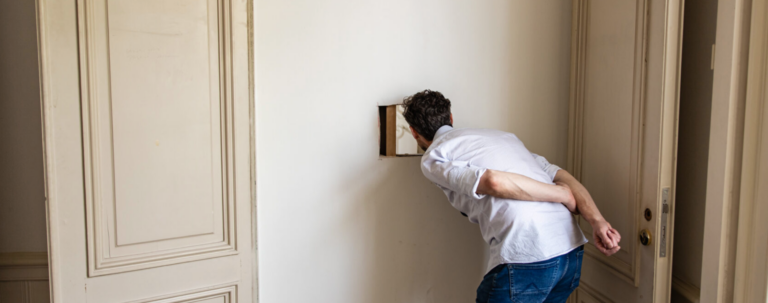



 The stained glass ceiling of the central hall of the Senate, designed by Herman Veldhuis (1878-1954) and executed in 1914 by glass workshop ‘t Prinsenhof in Delft, under the supervision of glazier Jan Schouten (1852-1937).
The stained glass ceiling of the central hall of the Senate, designed by Herman Veldhuis (1878-1954) and executed in 1914 by glass workshop ‘t Prinsenhof in Delft, under the supervision of glazier Jan Schouten (1852-1937). The ooh’s and the ah’s were not from the sky when seeing the splendor of the ancient building complex.The Central Government Real Estate Agency, the archeology department of the municipality of The Hague and the construction companies Heijmans, BURGY Bouwbedrijf, JP van Eesteren, Croonwolter&dros, Nico de Bont, Bouwpositie de Kroon (Homij and Koninklijke Woudenberg) and Van Hattum en Blankevoort proudly showed their commitment, expertise and ensure the preservation of more than 800 years of cultural heritage.
The ooh’s and the ah’s were not from the sky when seeing the splendor of the ancient building complex.The Central Government Real Estate Agency, the archeology department of the municipality of The Hague and the construction companies Heijmans, BURGY Bouwbedrijf, JP van Eesteren, Croonwolter&dros, Nico de Bont, Bouwpositie de Kroon (Homij and Koninklijke Woudenberg) and Van Hattum en Blankevoort proudly showed their commitment, expertise and ensure the preservation of more than 800 years of cultural heritage.